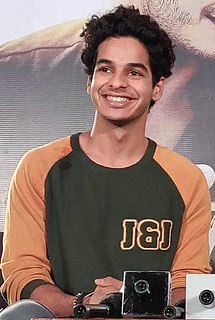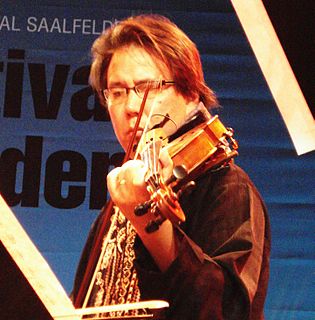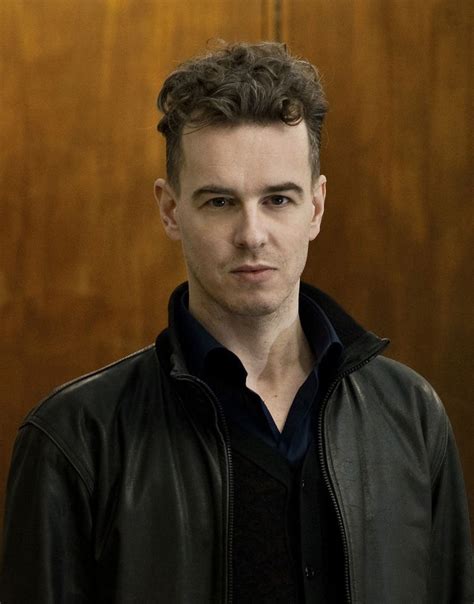A Quote by Jiah Khan
Related Quotes
For people to understand, you can't speak 'cinema.' Cinema doesn't have alphabets, so you have to go to the local language. Even in England, if they make a movie in London they have to make it in the Cockney accent, they can't make a film with the English spoken in the BBC. So cinema has to be realistic to the area that it is set in.
I'm German! Actually, I love my countr, ;I love the language. The German language is very special because it is so precise. There is a word for everything. There are so many wonderful words that other languages don't have. It is impressive to have such a rich language, and I love to work in that language.
David Fincher is probably the best comprehensive director in terms of being a manger of a process that must drive forward. He has such confident command of cinema language and visual language and script and performance. He knows more about f-stops than any cameraman, he knows more about lighting than any gaffer, he is a wonderful writer, and he can give you a good line reading. Under pressure, he is the kind of guy who you will just dive in with and trust and follow because his vision is so intense.



































